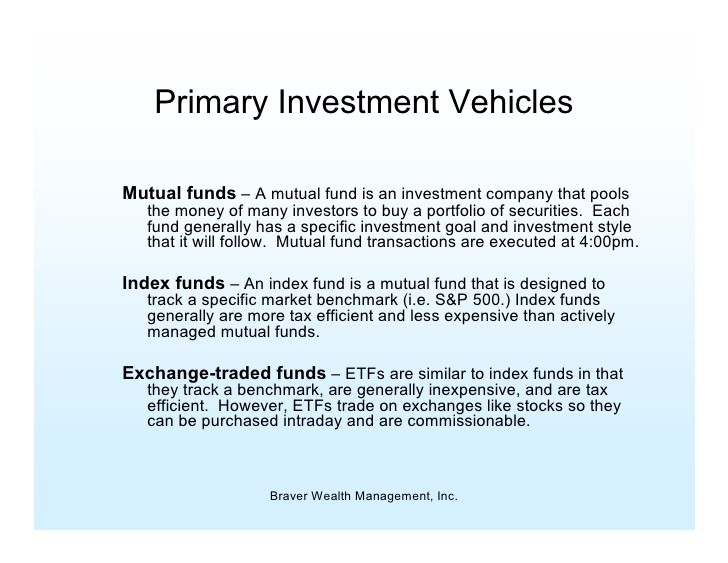American Funds ABCs of investing
Post on: 23 Апрель, 2015 No Comment

ABCs of investing
Your retirement plan gives you the opportunity to make some of your own investment decisions. These investing basics may help you:
Develop a regular savings habit
No one has figured out the best time to invest. You can take the guesswork out of it by making a regular fixed-dollar investment, for example, every month or every paycheck. This is called dollar cost averaging. If youre contributing to your retirement plan, youre probably already using this strategy.
Since the prices of mutual funds fluctuate, dollar cost averaging allows you over the long term to:
Dollar cost averaging can lower your average cost per share, but it doesnt guarantee a profit or protect against loss. You should consider your willingness to keep investing when share prices are declining.
You may hear a lot of talk about timing the market, but successful investing is more about time than timing.
One of the advantages you get with time is compounding. Heres how it works: When your investments produce earnings, those earnings get reinvested and can earn even more. The more time your money stays invested, the greater the opportunity for compounding and growth. Keep in mind that while compounding can make an impact over many years, there may be periods where your money wont grow. While there are no guarantees, the value of compounded investment earnings can turn out to be far greater than your contributions over the long term.
Compounding your earnings
This example assumes a hypothetical investment of $100 twice a month in Standard & Poors 500 Composite Index, 1984-2013, with monthly dividends reinvested. Earnings equal the account value less investor contributions. The S&P 500 is an unmanaged index with no expenses. Past results are not predictive of future results.
The key is to start investing as early as possible to get time and compounding on your side.
Understand the risk-reward relationship
When it comes to investing, the relationship between risk and reward is fairly simple: The greater the risk, the greater the opportunity for reward.
For many people, the biggest risk is losing money, so they look for investments they consider safe. An equally important risk is that your investments might not provide enough growth or income to allow you to meet your retirement needs.
Learn more about understanding risk and the potential for reward that comes with different types of investments.
Consider the effects of inflation
How many times have you heard, When I was a kid, we only paid 50 cents to go to the movies? The difference between that pocket change and what you would pay today is inflation at work. Over time, money gradually loses its buying power.
What does this mean for your retirement? A dollar today will be worth less 15 or 20 years down the road. Your retirement account needs to grow enough to overcome the erosion of inflation.














